Is There Value in Knowing Where You Came From?
We cleared the supper plates, leaving a few pieces of fried chicken, boiled ‘taters, and garden-fresh green beans to cover for tomorrow. The smell of fresh-baked cornbread hung in the kitchen as Aunt Short sliced her homemade chocolate pie, passing wedges around the table. With dessert and fresh-brewed coffee in hand, I knew the adults would settle in for hours of storytelling. Uncle Jay slipped out to toss wood on the fire, then returned, packing his pipe with tobacco. As he lit it, smoke curled above his head, and tales began tumbling from their tongues.
Since I was a child, I’ve been spellbound by the old folks’ stories—shared around that table or by the hearth’s flicker. One favorite took me to Fort Watauga, 1776, amid the struggles to settle western North Carolina. Cherokee warriors under Old Abraham laid a two-week siege, arrows and musket balls flying as settlers returned fire from the fort. “Jump, my Bonnie Kate!” Uncle John Sevier hollered, yanking her over the wall—she’d been caught milking cows outside. That daring rescue sparked a love that’d one day make them Tennessee’s first Governor and First Lady.
My kin—the Scottish Kilgores and English Sherrills—joined the Overmountain Men, marching to Kings Mountain to rout the British. Along the way, they picked up the German Weirs. Sitting quietly, I soaked up decades of wisdom from ancestors living and dead—Scottish bagpipes rallying our men, fiddles driving frontier trade days. Patriots fought at Trenton and Kings Mountain, settlers clashed with Native Americans, and later generations endured Shiloh’s bloodied fields and Normandy’s beaches.
Closer to home, family feuds simmered for decades. Grandpa’s scars bore witness—seven healed-over knife wounds from a brawl he barely survived, a bullet lodged too deep to remove. Mama’d recount those close calls, her voice hushed, fueling my young imagination with heroes among our kin. Another memory lingers: an old family saint who’d ask strangers, “Who are your people?” Give her a name, and she’d spin chapters of their history—tidbits even they didn’t know—tying us to the past with a knowing grin.
Little survived of the world before American shores, just scraps from Scotland, Ireland, England, and Germany. Names, songs, and tunes lingered, played on instruments handed down since the 1600s. Generations settled land, founded towns, and drifted south and west from New York, Pennsylvania, Massachusetts, and Virginia, rooting deep in Tennessee, Kentucky, and Georgia.
At 12, I began digging—courthouse to courthouse, graveyard to graveyard. Now, the internet unearths wonders with a click. Those bagpipes hailed from clans who won Scotland’s freedom under Robert the Bruce. German kin shaped Lutheran theology, Irish forebears defied Cromwell, and an English ancestor—Geoffrey Chaucer—penned The Canterbury Tales.
Every century’s tales show what our folks endured, letting us walk tall, proud of who we are. Learn your people’s stories—it’s no accident you’re here. You carry the dreams of generations, meant to shape the future.

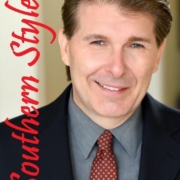
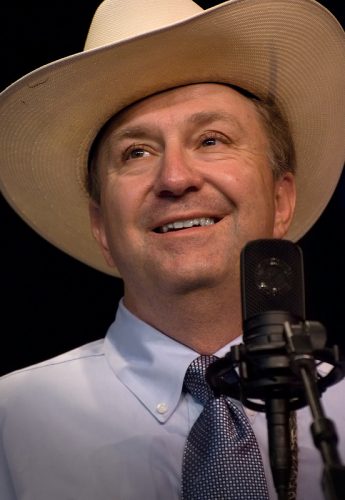 As we both plotted the course for our future careers in Bluegrass and beyond, we saw the opportunity to be cheerleaders, counselors, and sounding boards for ideas and opportunities as they came to us. Our talents and our
As we both plotted the course for our future careers in Bluegrass and beyond, we saw the opportunity to be cheerleaders, counselors, and sounding boards for ideas and opportunities as they came to us. Our talents and our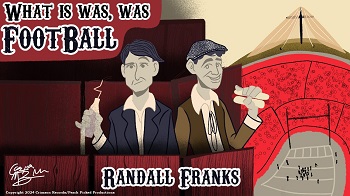
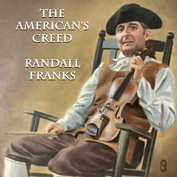 acting, comedy and music into a decades-long career while creating several long-lasting TV series.”
acting, comedy and music into a decades-long career while creating several long-lasting TV series.”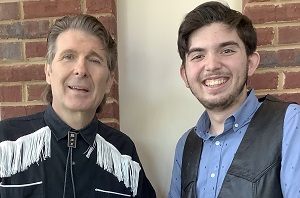
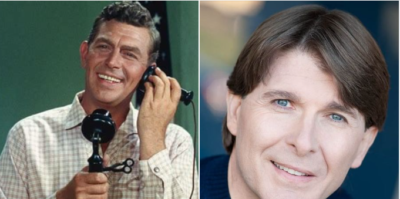 Trivia:
Trivia: 